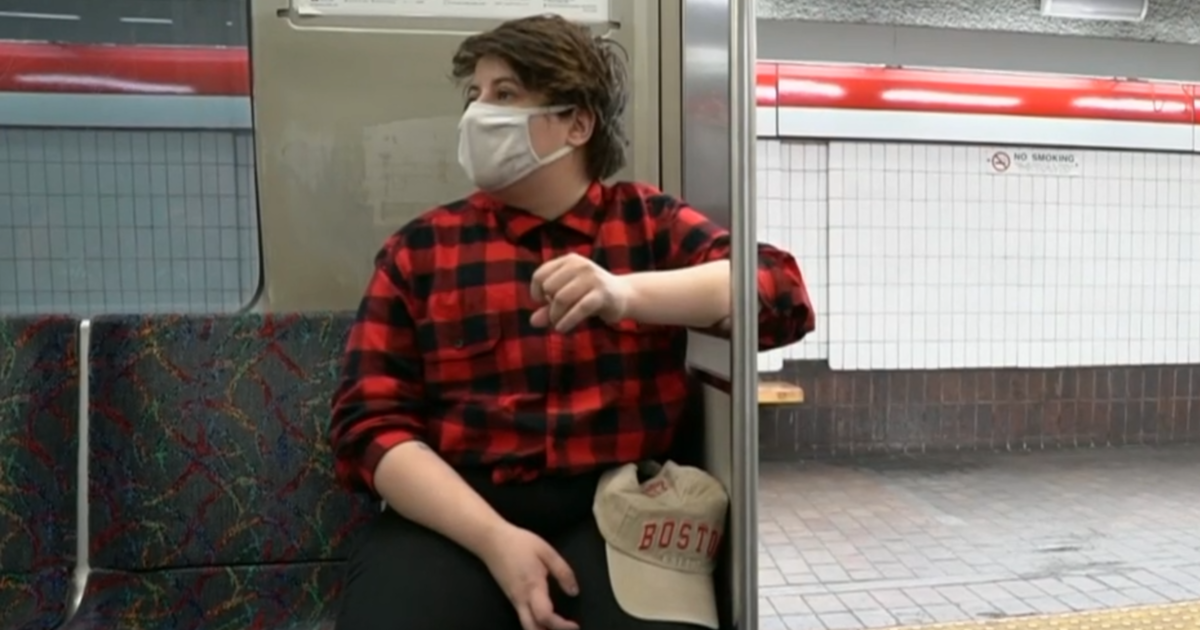Fletcher, who asked not be identified by their full name, has to take two trains and a bus to get home, but would never complain about the inconvenience because having a home to go to wasn’t always a guarantee.
Fletcher is just one of the roughly 41,000 youth who experience homelessness on a given night. The 22-year-old, who lives in Boston, left an abusive home in Georgia with no job and no support.
Fletcher now works at Breaktime, a nonprofit helping end the cycle of homelessness among young adults.
It’s been an incredible turnaround,” Fletcher, who uses the pronouns they/them, told CBS News.
More than 4 million young people experience homelessness every year in the U.S., according to a University of Chicago study. Research shows that as much as 40% of homeless youth identify as LGBTQ+.
“Young adult homelessness is really at a peak at this country for a number of different reasons,” Connor Schoen, Breaktime’s executive director, told CBS News. “One is that young people who are LGBTQ+ are being kicked out of their homes. We also have many young people who are transitioning out of the foster care system.”
Schoen, a recent Harvard graduate, was inspired to start Breaktime while working at a shelter during college.
“I found again and again that the thing that they were most asking about was jobs,” he said. “I was surprised by that because you’re at a homeless shelter and you expect that people will be trying to figure out housing, and they were, but twice as often they were asking about jobs.”
The yearlong program starts with workplace training, followed by a three-month job placement at a nonprofit or small business, as well as credit counseling.
For Armani, another participant who asked to be identified only by his first name, a job is just the beginning. Breaktime has also helped him apply for an apartment and rent assistance.
“Even if you make a mistake, they’re saying it’s OK to go back and try again because only you can be your biggest hurdle,” he told CBS News.
The nonprofit has helped young people like Fletcher find meaning and purpose in their life again.
“It’s this thing where you don’t realize until you’re on the other side of it, it very well and truly, like, saved my life,” Fletcher said.
